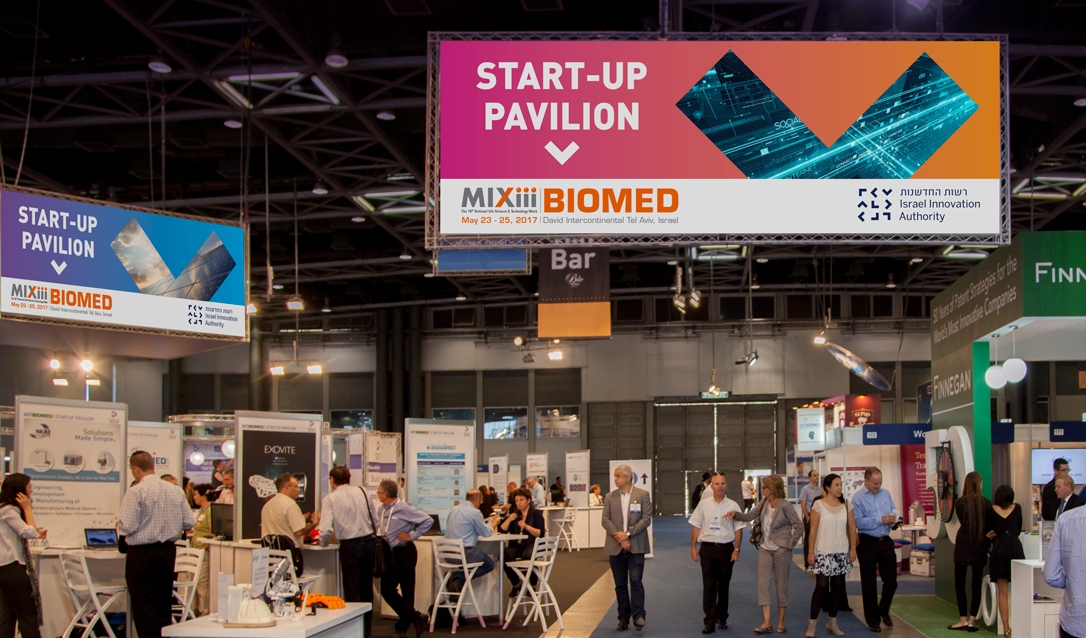65% of all Israel-based #lifesciencescompanies employ 10 people or less, according to a new report
Out of the 1,450 life science companies in the country, as many as 1,307 were founded in the last decade, and 654 ceased operations over the same time period, according to the report. Of the operational companies established before 2008, struggling generic #drugmaker #Teva Pharmaceutical Industries Ltd. is the first, founded in 1901.
Companies the size of Teva, which employed some 57,000 people—almost 7,000 of them in Israel—before its latest debt-driven layoff rounds, are a rarity in Israel. 65% of local life science companies employ 10 people or less, according to the report. Of the sector’s 85,000 Israeli employees, most are divided among only 145 (10%) Israel-based companies, each employing 50 people or more. 25% of companies employ 11-50 people.
This data does include Israeli employees employed in the local branches of multinational companies; however, it considers only research and development personnel, which number 3,280 in total, according to the report.
Several multinational companies have healthcare-related research and development centers in the country, including General Electric, Johnson & Johnson, and German multinational Merck Group. In October, Basel, Switzerland-based life sciences company Lonza announced its intention to open innovation centers in the country. Danish pharmaceutical multinational Leo Pharma A/S did the same in February.
Israel-based companies are also relatively frequent targets for acquisition, the latest being the 2017 $1.1 billion acquisition of drug company NeuroDerm ltd. by Japanese drugmaker Mitsubishi Tanabe Pharma Corporation.
The sector raised $1.2 billion over 135 deals in 2017, representing around 25% of all funds raised by the tech industry for the year, according to the report.
Source: https://www.calcalistech.com/ctech/articles/0,7340,L-3738035,00.html

